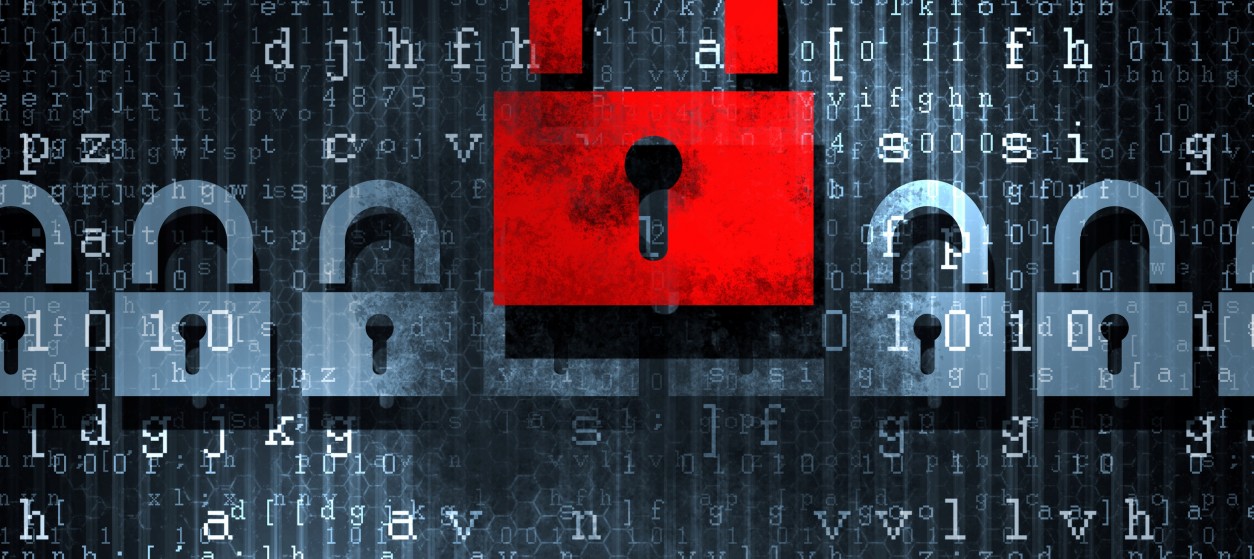As enterprises realize that data are among their most valuable assets, they are looking into technologies to protect them. In this direction they use novel data management technologies, including data tokens. Data tokenization is a powerful technology for information security and privacy protection. Its uniqueness is that it was designed specifically to protect the highest-value enterprise assets i.e., to ensure data security for sensitive enterprise data. Specifically, data tokenization is a process by which large amounts of data are broken down into smaller components known as tokens. The process also involves the recording of the data in an encrypted format, thus protecting them from entity level risks. Hence, data tokens can be used to control access to databases, automate business functions and streamline their compliance processes.
In the scope of data tokenization encryption is used to replace sensitive data with a non-sensitive equivalent while still allowing the original, personally identifiable information (PII) to be accessible at the time of request. Data tokenization comes under threat mitigation strategies: It is often chosen to prevent or mitigate identity theft or insider threats in organizations like financial and healthcare institutions. For instance, tokenizing credit card numbers, driver’s licenses and other government identifiers protects against fraud and enables part of the identity to be shared safely with third parties such as marketing efforts, loyalty programs, discount cards or donations.
Uses and Benefits of Data Tokenization
Data Tokenization replaces the identifying information about any specific data element with a token that represents it. This means that the original data must be re-created to view and use it by whoever has access to the encrypted file. Data tokenization has several benefits, such as:
- Very Strong Security and Protection for Data Assets: One of the most obvious benefits is that it makes it impossible to reverse engineer the original data from the stored tokens. This means that even if an attacker gets their hands on your database, they cannot gain access to the original data unless they also have access to the encryption key. Therefore, data tokenization is commonly used as a security measure to protect sensitive data from being leaked or stolen. This is especially important in sectors where sensitive data are processed (e.g., healthcare), as well as for companies that share information with third parties (e.g., financial institutions). Moreover, organizations can store their most sensitive data outside of their datacenters and still use it for processing purposes. This reduces the risk of data theft or leakage significantly, and saves on capital expenditures for upgrading security systems such as firewalls, antivirus systems, and Intrusion Detection Systems (IDS).
- Effective Regulatory Compliance: Another benefit is that it makes it easier for companies to comply with regulations like the General Data Protection Regulation (GDPR) in the European Union (EU). Under this regulation, companies must protect personal information and ensure that they are not using any third-party services that do not offer adequate security. Also, the GDPR requires enterprises to protect data subjects’ privacy and confidentiality, including how they store and process personal data. By using data tokenization, companies can ensure that only the minimum amount of personal information necessary for processing is disclosed to third parties. This helps organizations comply with GDPR requirements while still enabling them to conduct business activities more efficiently. Furthermore, based on tokenization, companies can be sure that there is no way for anyone else to gain access to their sensitive data and therefore adhere to GDPR without having to worry about data compliance
- Flexible and Cost-Effective Data Auditing: Data auditing is another important advantage of using data tokenization. Data tokenization applications allow enterprises to see what types of tokens are being used and where. Hence, they facilitate auditing of their databases, as well as the immediate identification of any breaches or leaks. The latter identification makes it possible to implement instant remedial actions before the occurrence of any essential financial damage.
- Novel and Lucrative Business Models: The ability to track and trace tokens is also key to implementing novel business models in the data economy. Nowadays, data assets have a value measured in billions in the global economy. While regulatory enforcement makes it more difficult to value and transact personal data, selling or licensing it can still be lucrative for both companies and individuals. Data tokenization facilitates the exchange of tokens that represent targeted/purified data sets that can be traded, sold, or licensed while providing protection to consumers. In this way, data tokenization mechanisms represent an opportunity to increase revenues while easing customers’ minds.
Overall, data has become the prized asset, as business plans are shifting from simply revenue to data generation and usage. However, the main challenge that enterprises face is achieving proper security measures when operating with large data sets. Data tokenization is a relatively new concept that is gaining traction in the data security industry. Given the growing number of threats associated with Big Data, it would be prudent for companies to examine its merits and explore technologies for managing tokens effectively.
Tokenization is a promising approach to boosting enterprise security, but many companies are still wary of adopting this new technology. They fear that replacing sensitive data with unique tokens will hinder business-critical processes like crafting Artificial Intelligence (AI) algorithms and maintaining databases. However, these fears are overwrought since tokenization does not hamstring the business. In fact, it enhances security while allowing companies to continue conducting business-as-usual. Therefore, enterprises should consider the deployment and use of data tokenization solutions as part of their security policies and their business strategies. In this direction, companies should evaluate novel approaches for implementing tokenization mechanism, including both conventional techniques and emerging approaches like blockchains and Non Fungible Tokens (NFTs).










